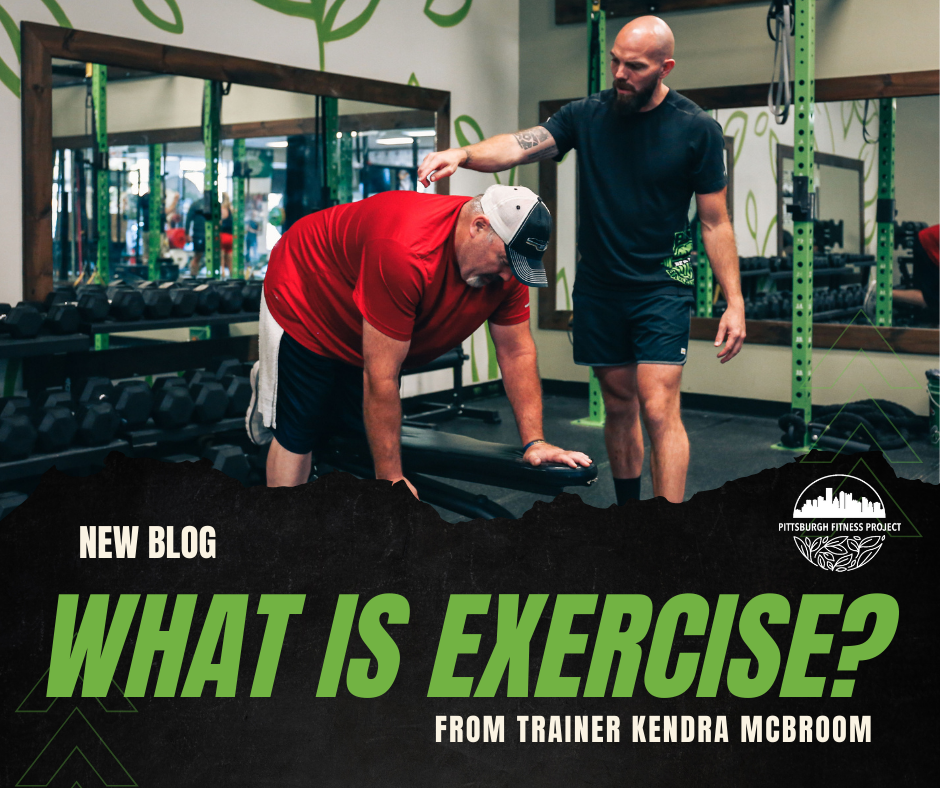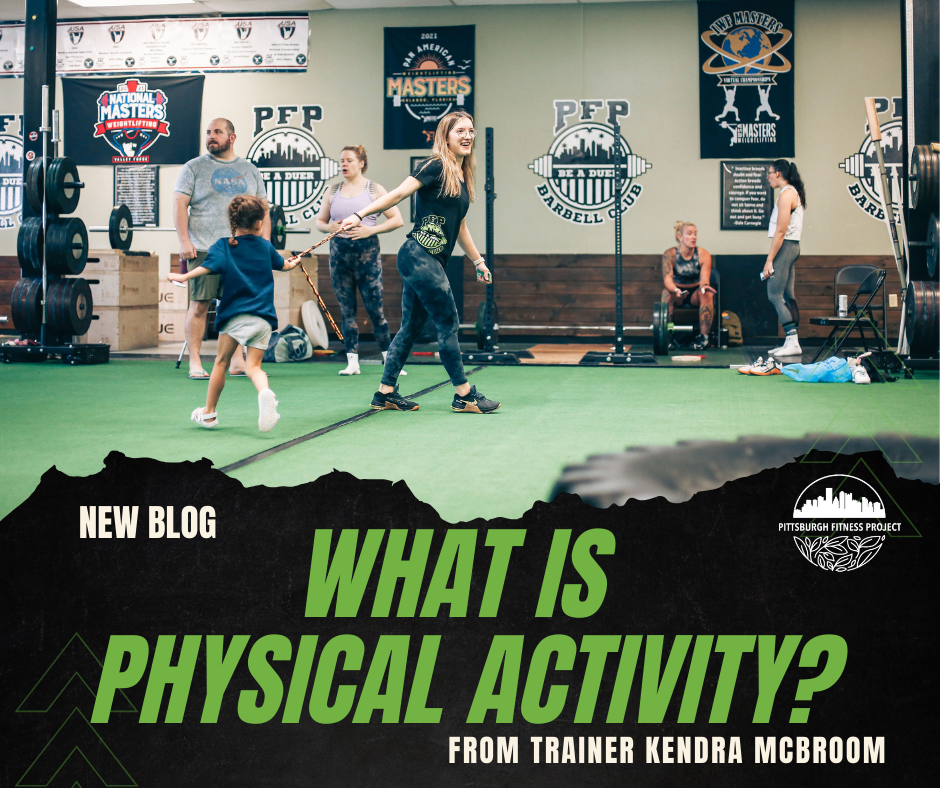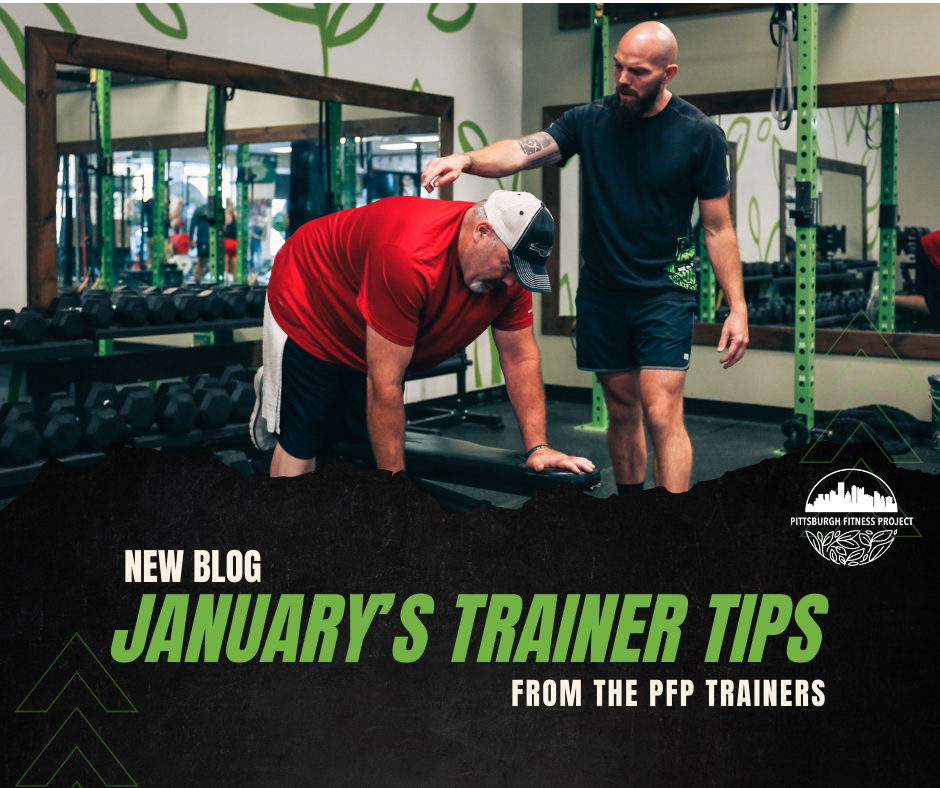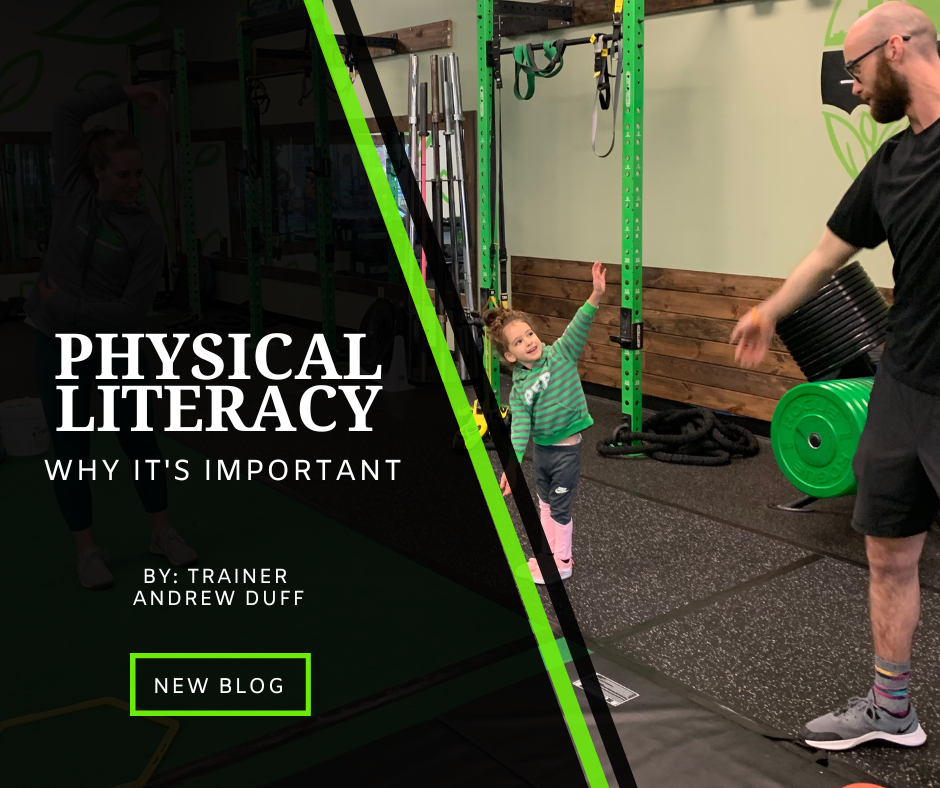
5 TIPS FOR SUSTAINABLE HABIT CHANGE
Changing a habit, whether forming a new one or breaking an old one, can feel overwhelming, intimidating, and slow. With the right strategies, it is possible to make sustainable changes. Habit is about creating systems and setting yourself up for success. Here are five tips backed by psychology and behavior science to help you make positive changes in your habits.

MEASURING PROGRESS: BEYOND THE SCALE
Tracking your progress in the gym is an important thing to do so you can get stronger, feel healthier, and feel a sense of accomplishment in what you’re doing. But what does that look like? The truth is that there are so many ways to measure your progress, and this goes far beyond aesthetics or a number on the scale. I’m going to explain the many ways you can do this so you can ensure you’re getting the most out of your training physically and mentally.

HOW LONG SHOULD YOUR TRAINING CYCLES BE?
When it comes to training, there's a certain point where your body will need some sort of change or variation from what you are currently doing. Why does this happen? Well, our bodies are very adaptable. This means that while something may seem difficult at first if you continue to do that same movement or training, your body will adjust, and it will become easier. This sounds great initially, although, as you have probably noticed, you reach plateaus in your training. Either you stop running that mile faster, or you can't lift that one more pound on the bar. So, what do we need to do to get the results we want? We have to slightly modify our training and add a new stimulus so our body can improve.

MASTERS TRACK & FIELD
Every four years, the Olympics bring excitement as some of the world’s greatest track and field athletes compete for gold. The Paris Olympics did not disappoint! Check out this recap of the Masters of Track and Field!

A BEGINNER’S GUIDE TO ACHIEVING YOUR FIRST PULL-UP
Whether you're new to fitness or have been working out for some time, the pull-up is one of the most challenging exercises and is often seen as a milestone. Achieving your first pull-up requires time, technique, and repetition. If you're aiming to conquer your first pull-up, this guide will take you through the steps to get there.

MASTERS SWIMMING
The Olympics have wrapped up after two weeks of great competition. As happens every four years, sports that usually are not on the main stage get loads of viewers and positive attention. One of these sports was swimming! The drama around swimming coming into the Olympics was unrivaled. Australia and the USA were exchanging fierce words about who would come out with more GOLD medals, Leon Marchand of France was attempting to take down Micahel Phelps’s last Olympic Record, and multiple world records were shaking at the prospect of being shattered.

EXERCISING AS YOU AGE
We’ll all feel the effects of aging as we get older. The aging process affects all aspects of our wellbeing, including our ability to exercise. So how do we counter these effects? Let’s look at how you should exercise as you age and what changes you may need to make as you grow older.

WHAT IS PHYSICAL FITNESS?
Physical fitness is a result of exercise or physical activity. It is the efficiency and capacity of your cardiovascular health, muscular strength, flexibility, as well as your overall body composition. Each of these components prove to provide different function for your body and often have separate training focuses, but they ultimately come together to provide total body function.

WHAT IS EXERCISE?
Physical Activity is not exercise, but exercise is physical activity. It is a narrower scope focused on a more regimented and planned routine of physical activity. If you haven’t already, I encourage you to read my previous blog on physical activity and what defines it. I consider exercise to be a step up from being physically active when it comes to working towards more concrete or specific goals.

WHAT IS PHYSICAL ACTIVITY?
Being active does not have to be exercise. It does not have to look like a strict routine and does not require lifting “scary weights.” To be physically active, all you have to do is move. Any type of movement beyond rolling over in bed is adequate. Getting out of bed to start your day is being active. Bending over to tie your shoe? Also considered a form of being active.

JANUARY’S TRAINER TIPS
Missed out on our trainers' valuable tips this month? No worries! We've got you covered with a quick roundup of some noteworthy insights shared by our fitness experts at Pitt Fit Project. Here are a few highlights from our IG account: @pittfitproject.

SUNS OUT, FUNS OUT: SUMMERTIME FITNESS
Summer is a great time to get outside and be active. It’s an easy time to get the benefits of the sun, get a little sweaty, and have fun with friends. Check out these tips from our Pittsburgh Fitness Project trainers to add a little more movement into your summer!

THE IMPORTANCE OF SLEEP HYGIENE
The greatest recovery method for any athlete or individual is sleep. During this time, our cellular processes carry out all the necessary functions in order for our bodies to heal and rejuvenate for the next day. Our smart devices can track signs of these processes, but what can we take from these measurements?

HYPERTROPHIC TRAINING: SIZE IS THE PRIZE
If you want to have a larger amount of muscle mass, you need to undergo hypertrophic training. Hypertrophy is the process of muscle cell growth through resistance training. Exercise/training is a process that causes stress and damage to our muscles. When we recover through sleep, hydration, and eating, our muscles repair themselves and increase in mass.

WHAT TO EXPECT WHEN STARTING WEIGHTLIFTING
It all starts with a barbell assessment with one of our USAW-certified coaches! During this one-hour session, a coach will go over the basics of both the snatch and clean and jerk. No experience is required - just make sure to bring comfortable clothes! You can sign up for a barbell session directly from our website.

PHYSICAL LITERACY
Physical literacy is confidence and competence in movement and physical activity. But what kind of movement and physical activity, you may be wondering? The answer is any and all. To become physically literate, one should do the same. Always be open to trying a new activity, scaled to your ability level, as it enhances your ability to continue learning skills and improving/maintaining motor function throughout your life.
